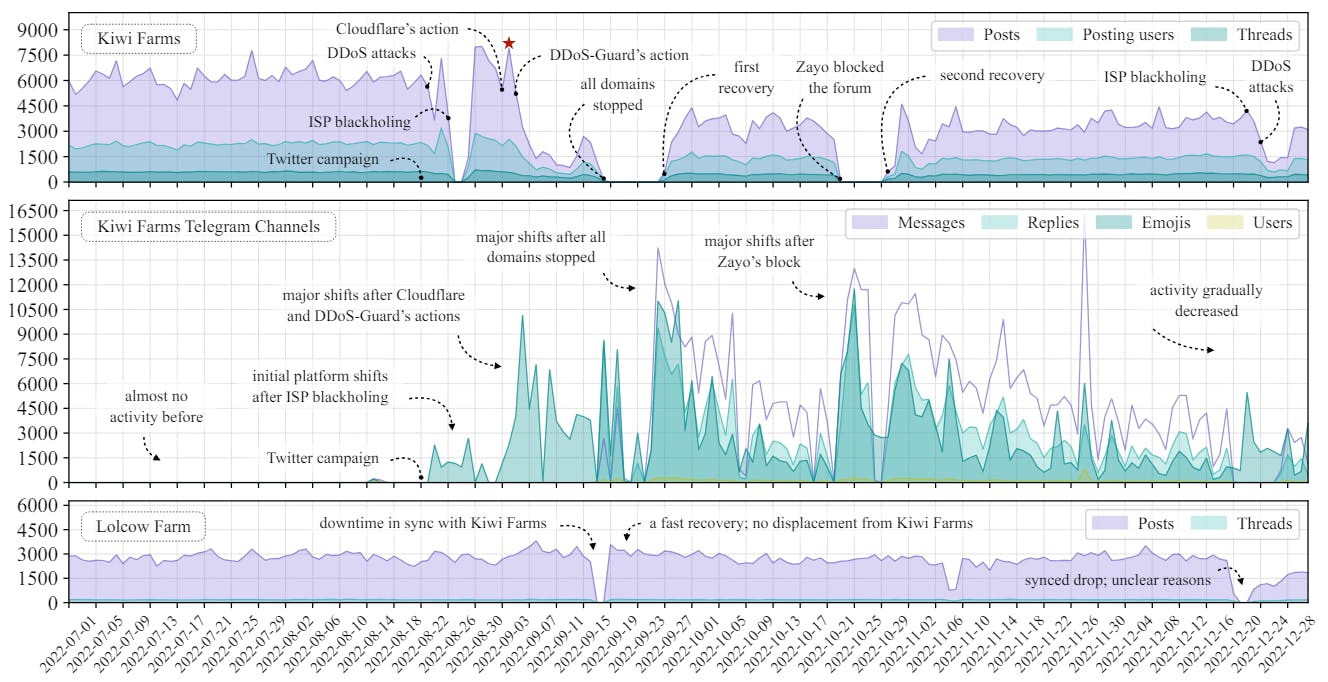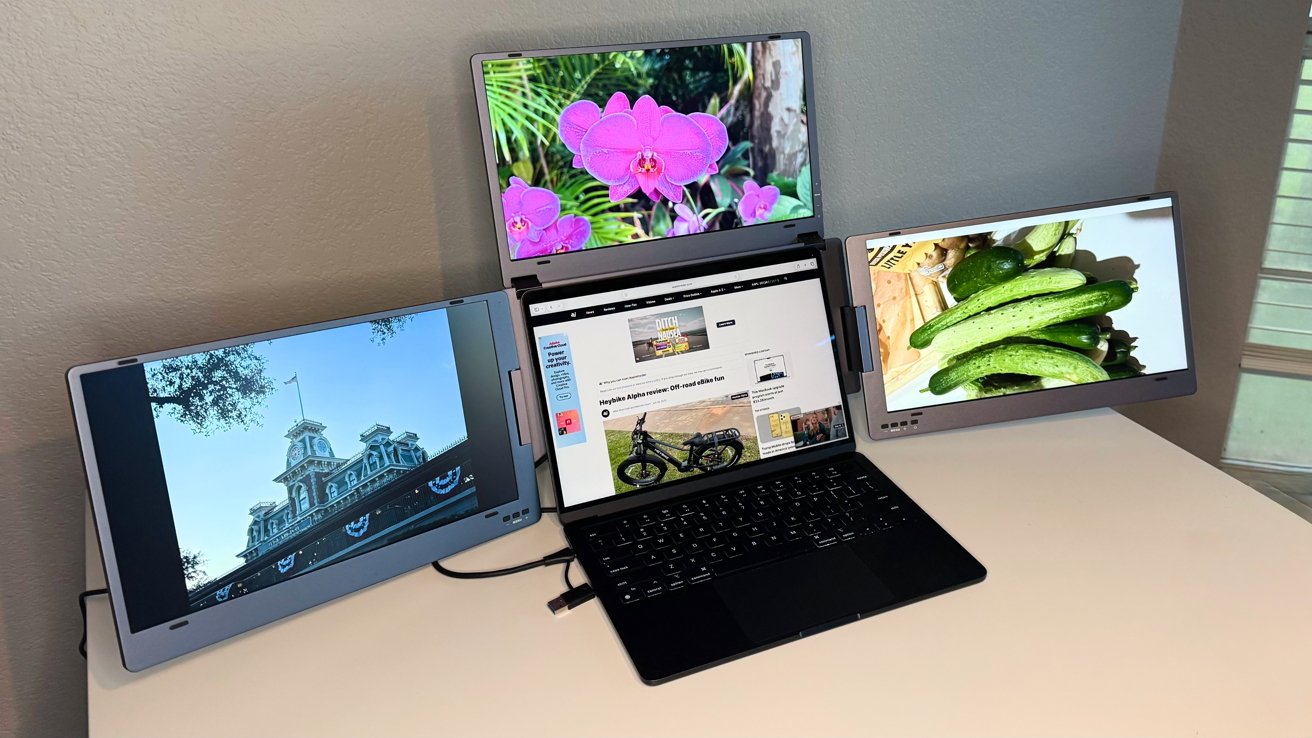OpenAI added a new shopping experience to ChatGPT today that helps you find products without leaving the chat window and serves up direct links to buy.
Links will surface within the conversation, though you have to tell OpenAI you’re shopping, not just asking a generic question about gaming chairs, smartwatches, or another gadget.
When we asked about the best laptops, ChatGPT surfaced multiple options, with Apple MacBooks as its top three recommendations and the only ones visible without scrolling. ChatGPT listed the product image, price, and links to purchase at Amazon, Best Buy, and B&H Photo. It did not provide a link to Apple, but another listing for the 15-inch MacBook Air (M4) linked to Apple.com. ChatGPT also listed 14 university bookstores that were selling the laptops for students. So there’s still some work to refine the product.
Shopping options surface in ChatGPT (Credit: ChatGPT Plus)
“We’re starting to experiment with categories including fashion, beauty, home goods, and electronics,” an OpenAI spokesperson tells us. “Commerce in ChatGPT is still early, and we’ll continue to bring merchants along our journey as we quickly learn and iterate.”
When we clicked on one of the laptops, a panel with buying options appeared on the right side of the screen. Scrolling down on that panel revealed that ChatGPT cited PCMag as its top source of information, and we did indeed give the top two laptops it listed Editors’ Choice Awards—the Apple MacBook Air 13-Inch and Apple MacBook Air 15-Inch. However, it linked to our reviews of the 2024 models, and Apple has released new ones for 2025.
When you hover over a product, a button pops up that says, “Ask about this,” which starts a new chat about that product.

ChatGPT cites PCMag (Credit: ChatGPT Plus)
The big difference between shopping on ChatGPT versus Google is that the products that appear first are not ads. The interface is designed to look like a typical ChatGPT conversation and borrows its design from ChatGPT Search, which surfaces web links on the right panel as well.
Get Our Best Stories!

Your Daily Dose of Our Top Tech News
By clicking Sign Me Up, you confirm you are 16+ and agree to our Terms of Use and Privacy Policy.
Thanks for signing up!
Your subscription has been confirmed. Keep an eye on your inbox!
ChatGPT recommends products based on its understanding of the user and clues about them from prior conversations. The chatbot now remembers all chats with one person, amassing a giant dataset on their personality and preferences. The memory function is not yet available in search and shopping but will roll out in the next few weeks to Plus and Pro members everywhere except the EEA, UK, Switzerland, Norway, Iceland, and Liechtenstein.
Adam Fry, product lead for ChatGPT search, tells Wired that the goal is to have a more personalized and conversational shopping experience. “It’s trying to understand how people are reviewing this, how people are talking about this, what the pros and cons are,” he says.
Fry declined to tell Wired how or if it might make money from ChatGPT shopping. “We are going to be experimenting with a whole bunch of different ways that this can work,” he says.
Recommended by Our Editors
Right now, if you land on PCMag’s roundup of best laptops, click a link to Amazon or Apple, and purchase that PC, we get a cut of the purchase price for referring the buyer. Will ChatGPT shopping cut out that affiliate revenue, even though it’s pulling its content from PCMag and other sites like Reddit? Or will OpenAI take a cut for itself?
Mixing in ads could be another revenue stream. Last fall, OpenAI was burning through billions of dollars per year, Axios reported, though it got a $40 billion cash infusion in late March.
That uncertainty is one reason PCMag’s parent company, Ziff Davis, is currently suing OpenAI for using our content to train its AI models without compensation. The idea behind the suit is to align on an economic model that incentivizes PCMag and other sites to continue reviewing products and providing the high-quality content OpenAI relies on for user experiences like this.
Disclosure: Ziff Davis, PCMag’s parent company, filed a lawsuit against OpenAI in April 2025, alleging it infringed Ziff Davis copyrights in training and operating its AI systems.
About Emily Forlini
Senior Reporter










